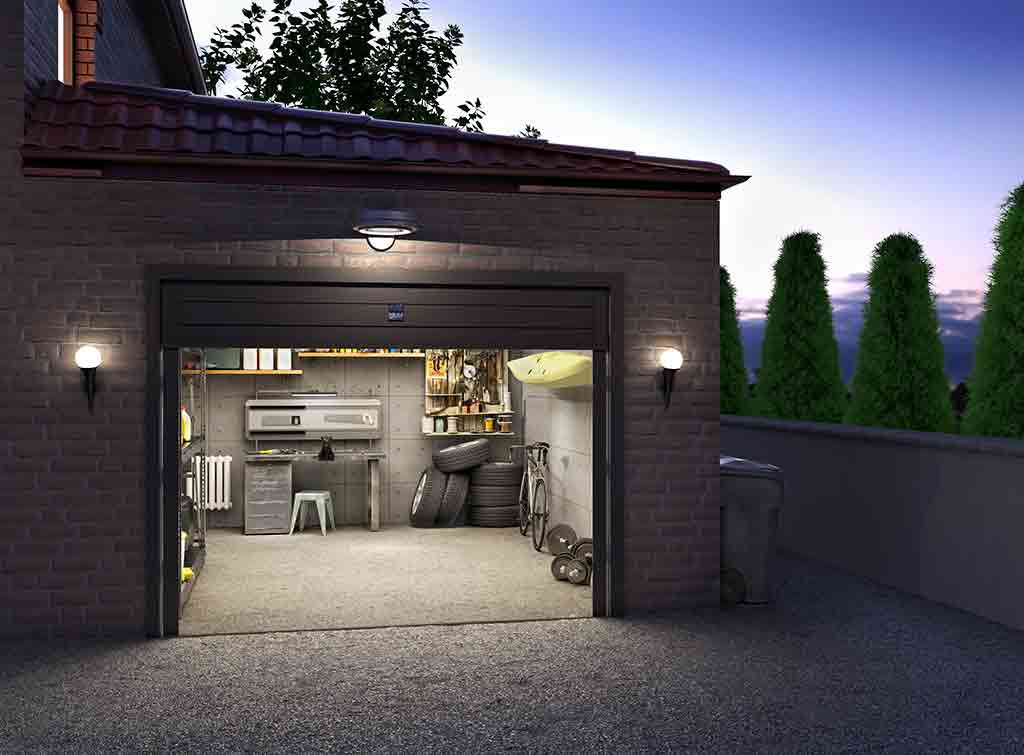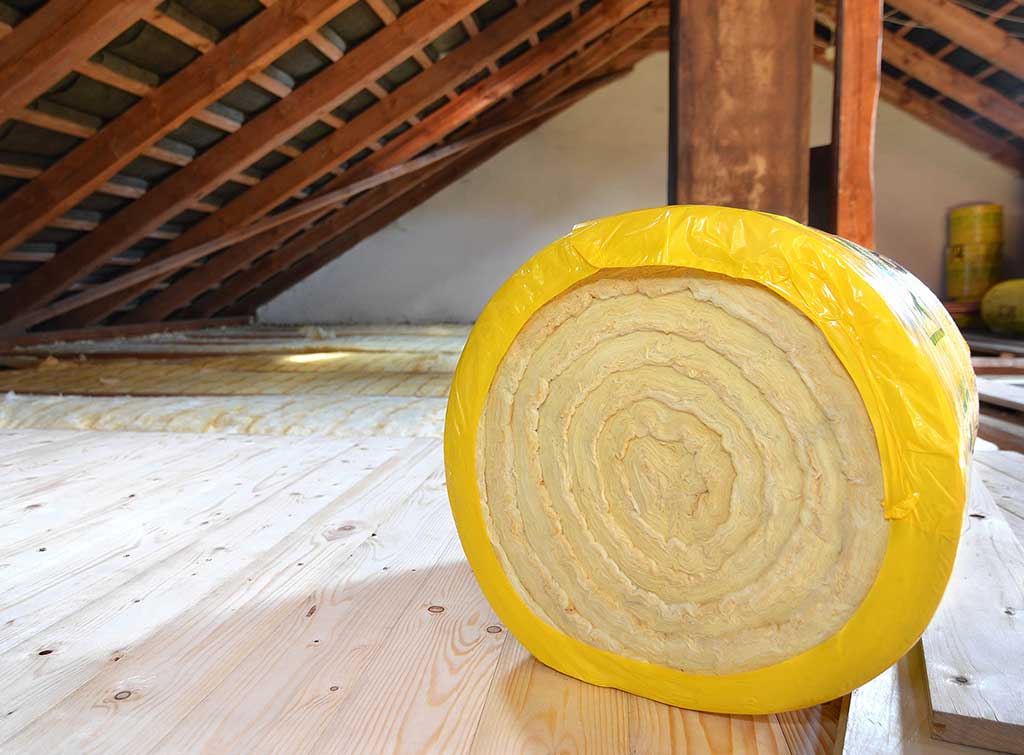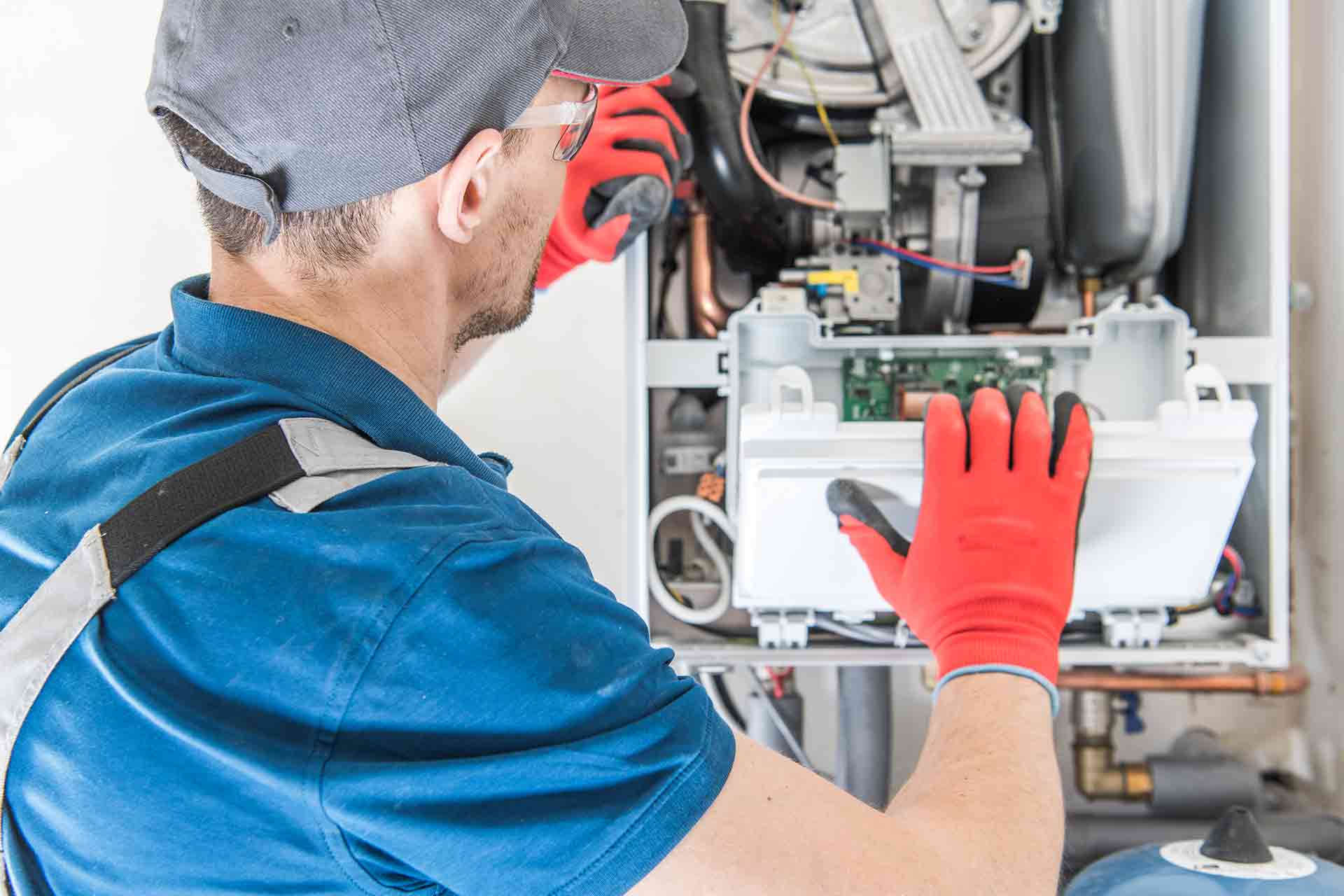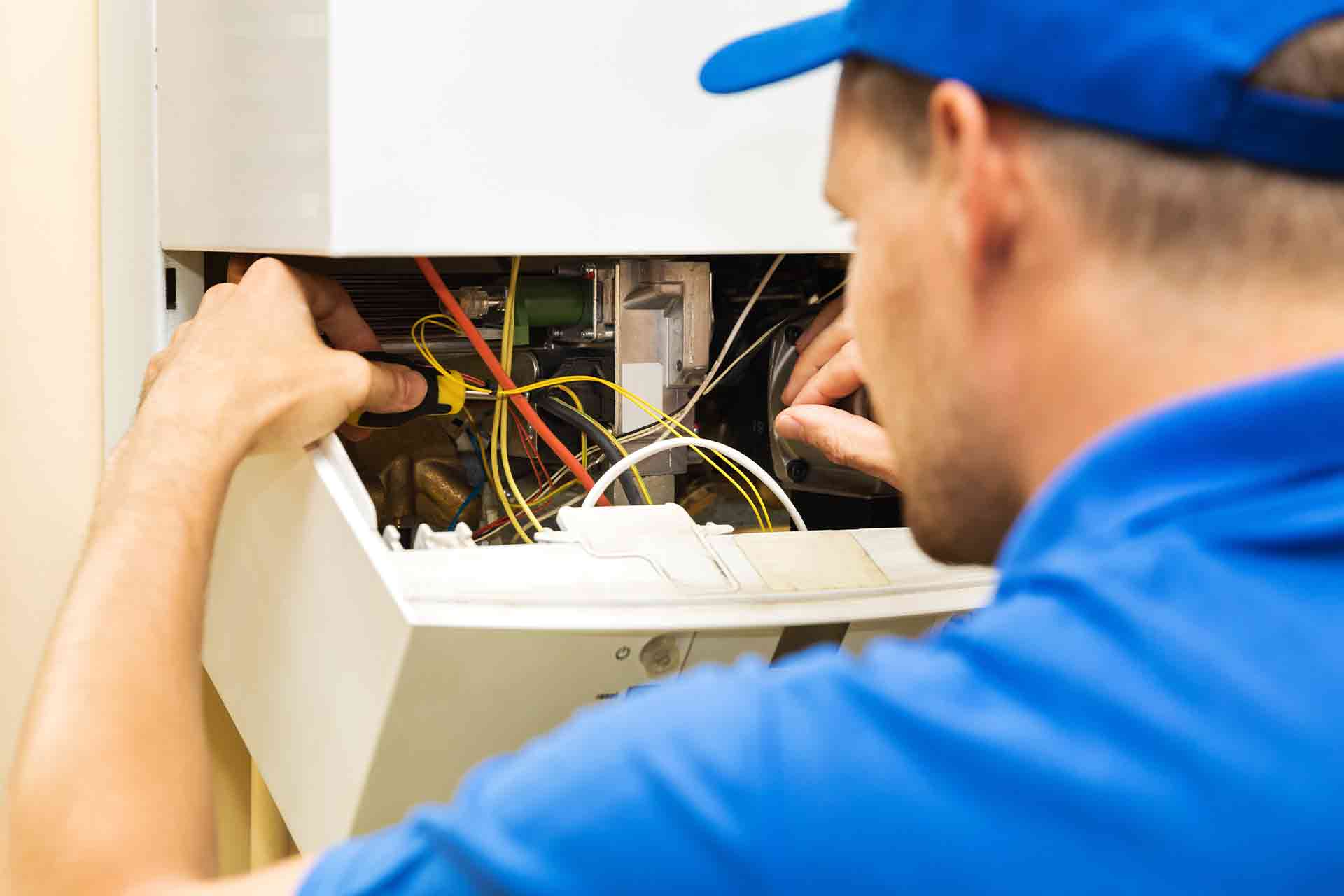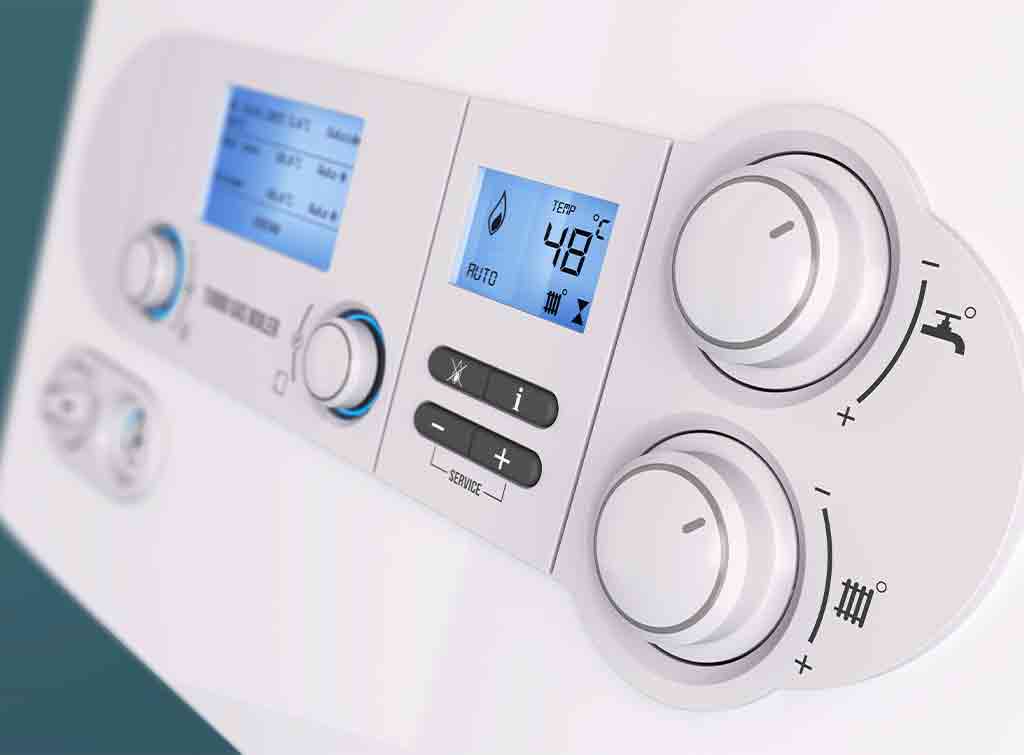Blog>Planning Guides>Seven tips for central heating maintenance
Last updated: 28 June 2024
Seven tips for central heating maintenance
We share our top tips for central heating maintenance to help keep your systems working safely and efficiently. It could potentially save you money in the long run too!
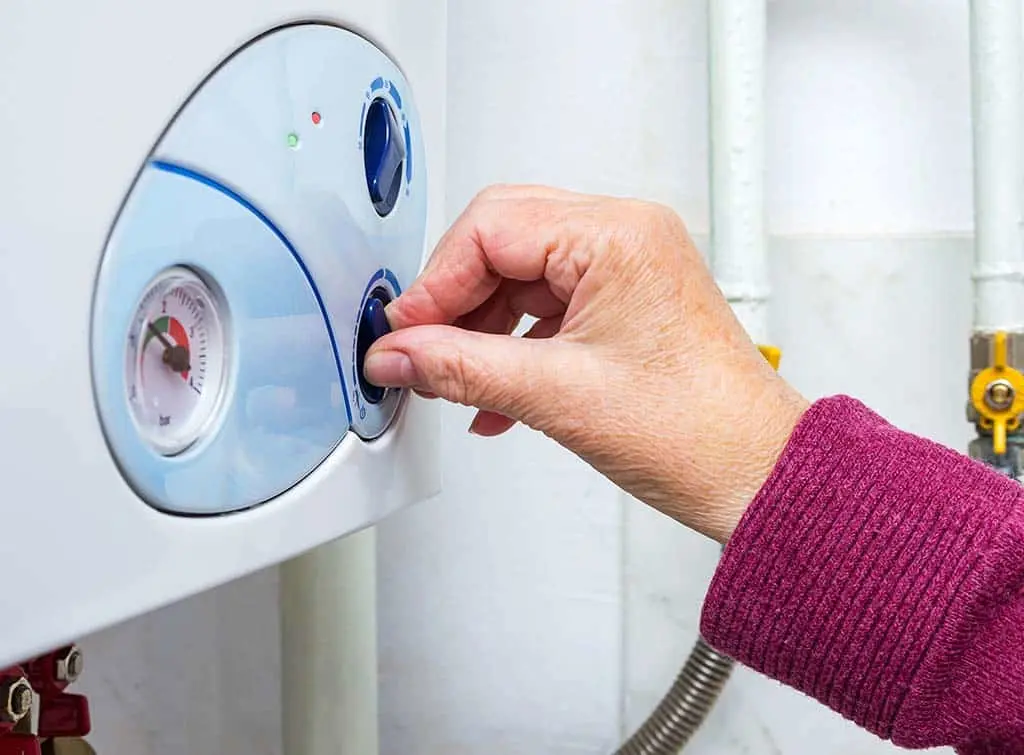
Seven central heating maintenance tips
Maximise the lifespan of your central heating system and keep your home warm and safe with our seven essential tips for central heating maintenance.
1. Book a central heating inspection
First up in our central heating maintenance tips is hiring a central heating engineer to conduct an annual inspection and service. This makes sure your heating system is operating safely and efficiently.
Although not mandatory to be carried out yearly, an annual service is often required if your central heating system is under warranty.
During an annual service to inspect your central heating, a qualified central heating engineer will:
Check for wear and tear
Test the controls
Clean the components
Ensure the safety features are sound
Top tip: Ask your engineer to install a magnetic filter as an extra precaution. The filter traps dirt, debris, and rust particles that could damage your boiler or radiators.
Installing the filter requires cutting a section of the pipe, so hiring a qualified central heating engineer is important. However, it's a worthwhile investment to extend the lifespan of your central heating system.
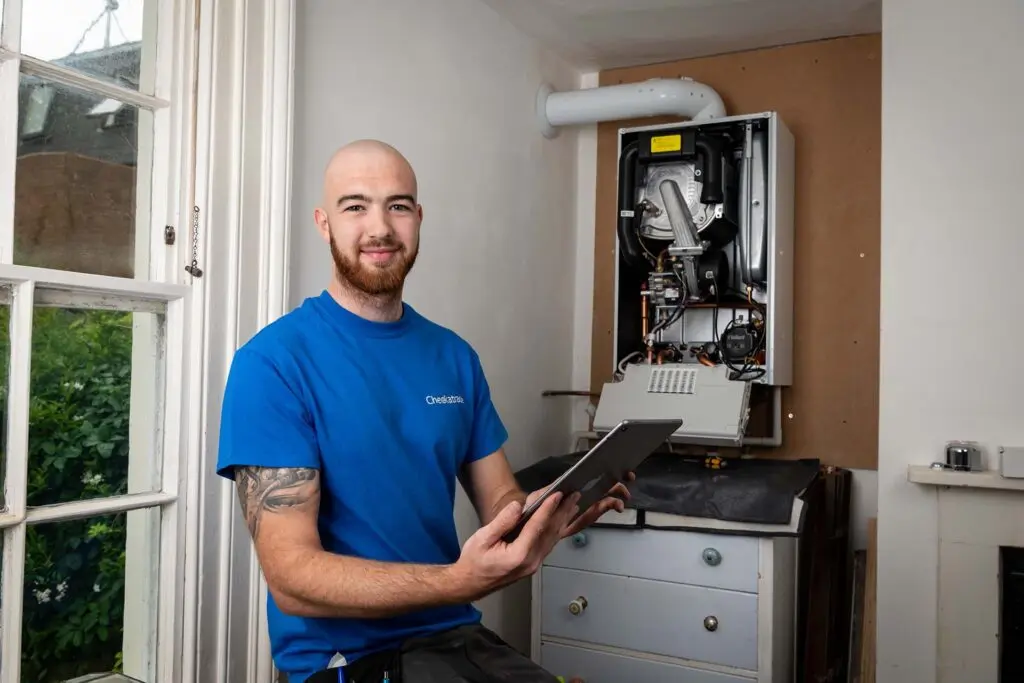
2. Insulate heating pipes
Insulating your boiler's pipework helps prevent the water from freezing, which can lead to burst pipes. This process is known as 'lagging', and ready-to-use material can be picked up easily from any good DIY store.
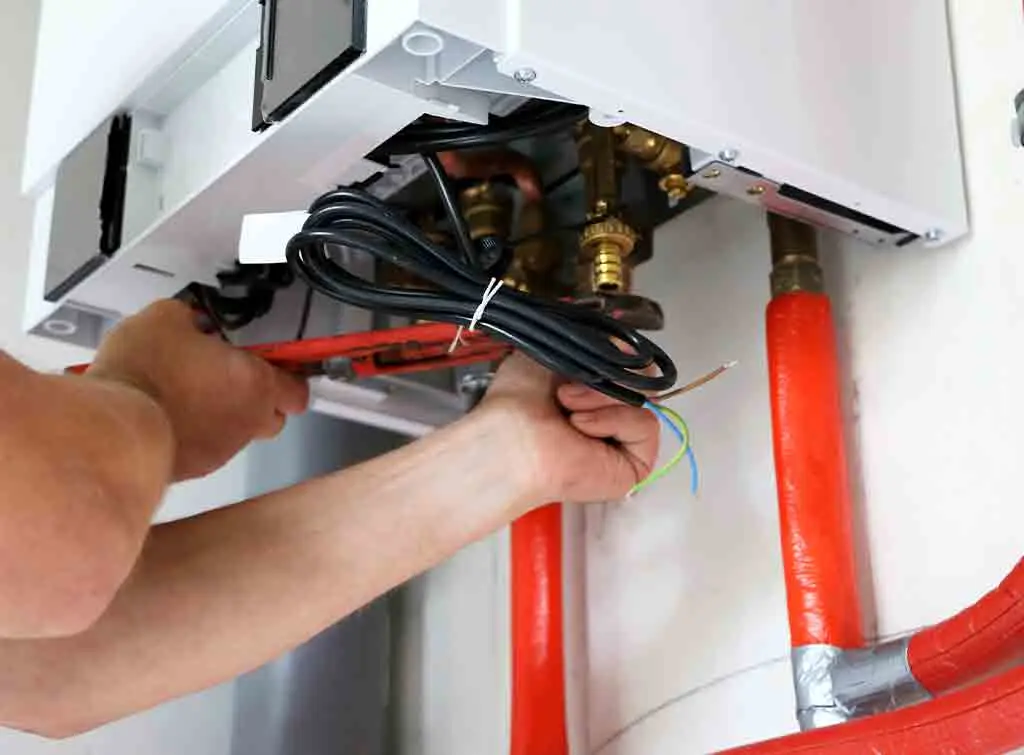
3. Bleed your radiators
Bleeding your radiators once a year stops air bubbles from forming in your radiators. If left to build up, air bubbles can reduce the efficiency of your radiators and, in turn, your central heating system. You can read up on how to bleed a radiator in our handy guide.
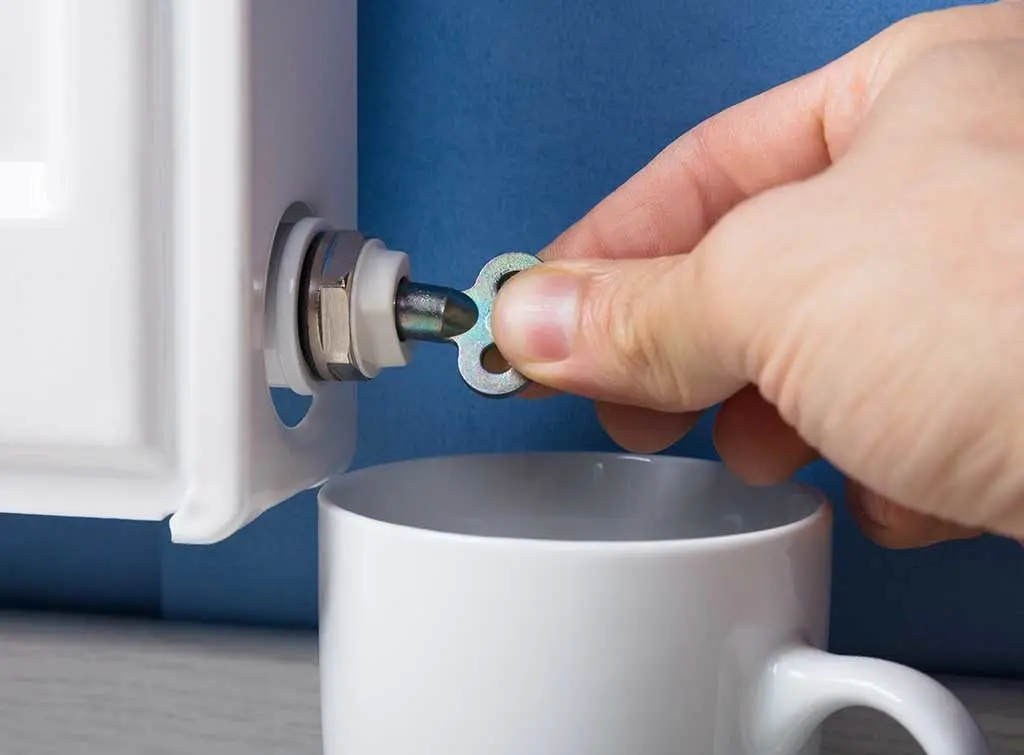
4. Wake up your boiler
Running your heating occasionally in the height of summer might seem odd, but it can help prevent the boiler system from becoming stagnant and developing blockages. However, you might want to set a reminder in your calendar!

5. Check the boiler pressure
The pressure in a boiler helps move the heated water efficiently around the system. If that pressure drops, it could be a sign of a leak.
A normal pressure range is between 1 and 2.5 bar. So, if your boiler pressure drops below 1 bar, you'll want to investigate why.
You can repressurise your boiler following the instructions for your specific make and model. Alternatively, you might prefer to have a professional central heating engineer take a look.
You can also learn more about what to do if your boiler loses pressure in our expert guide.
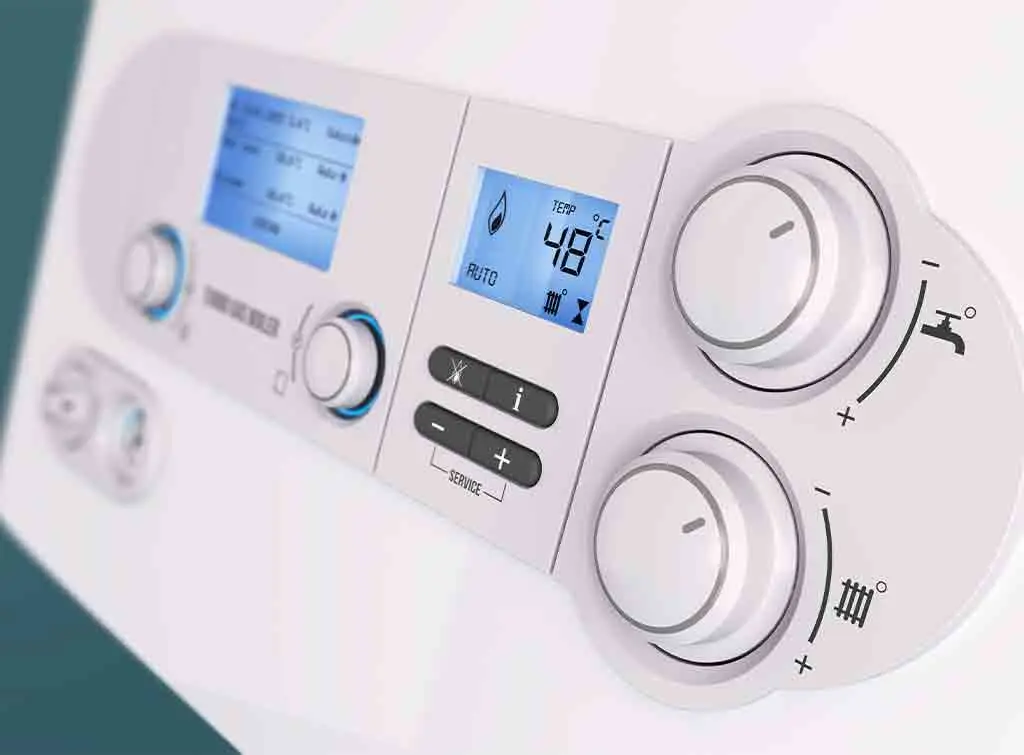
6. Install carbon monoxide detectors
If you haven't already, install carbon monoxide sensors in your home. This clever device keeps your home safe by measuring the concentration of carbon monoxide gases in the air and sounding an alarm if it detects it.
Boilers usually release this harmful gas outside the home via a flue. However, gas can sometimes escape a faulty boiler system inside the home.
A battery-powered carbon monoxide alarm only costs around £20. That's a small price to pay for the added peace of mind.
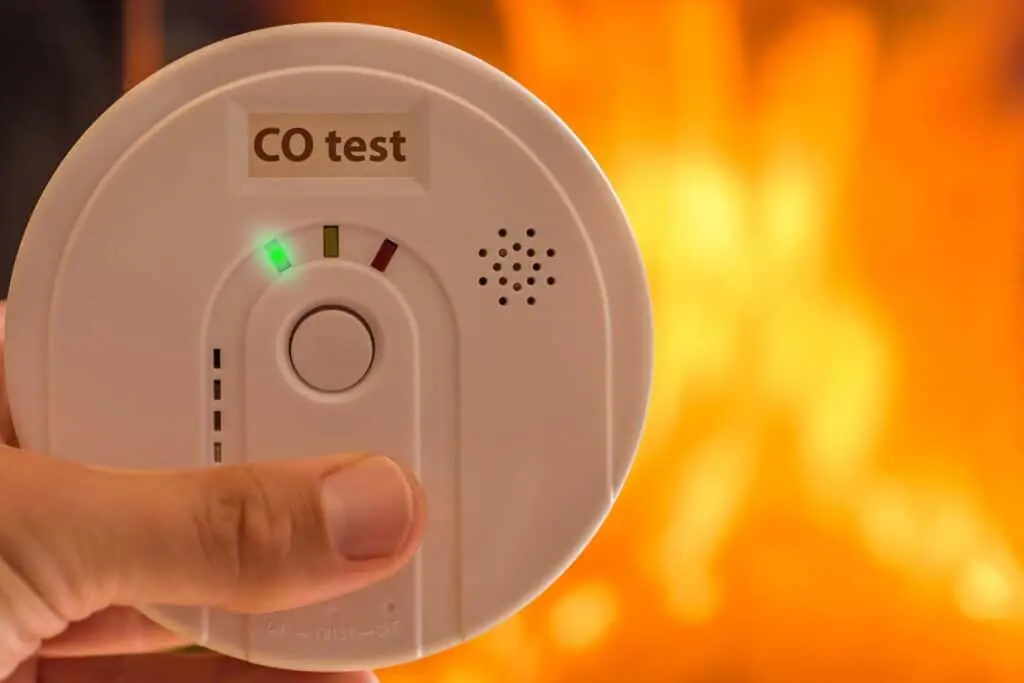
7. Never try to repair a boiler yourself
While you can easily follow some of the central heating maintenance tips above, only a qualified central heating engineer should perform repairs or maintenance on your heating systems.
Who you hire for central heating maintenance depends on whether your system is powered by gas, electricity, or oil. Let's examine each one:
Gas – only a Gas Safe registered engineer can conduct an annual service of a gas boiler
Electric – you'll want a fully** qualified electric heating engineer** who is part of a reputable, Competent Person’s Scheme
Oil – hire an engineer registered with the Oil Firing Technical Association (OFTEC)
And don't forget, you can check the tradesperson's qualifications with our Checkatrade directory. You'll only find trades on Checkatrade that pass our strict checks – and have our trusted tick of approval.

On Checkatrade, you'll only find trades who meet our high standards and pass up to 12 checks.
See the tradespeople we've checked and recommend for your job
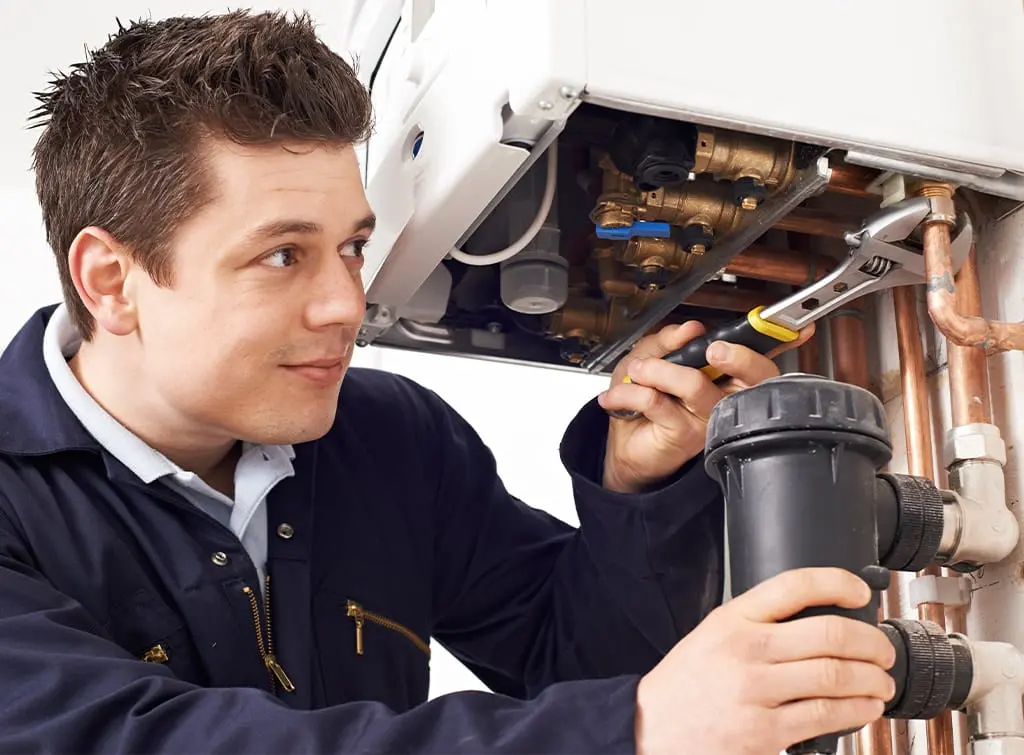
How much does a central heating engineer charge?
Have you read all the central heating maintenance tips above and feel ready to hire an engineer? It's always useful to get an idea of costs in advance.
The average price for a one-off boiler service is around £100, depending on your boiler type.
| Type of boiler | Unit | Cost+VAT (Range low - high) | Average cost |
|---|---|---|---|
| Gas boiler | One off service cost | £80–£120 | £100 |
| Oil boiler | One off service cost | £75–£110 | £92.50 |
| Electric combi boiler | One off service cost | £70–£110 | £90 |
| Commercial boiler | Minimum call out fee | - | £95 |
| Last updated: May 2024 Our costs are ballpark averages - get a local tradesperson to quote now | |||
Top tip – Some providers offer central heating maintenance plans for a monthly fee that covers your boiler and central heating for annual services, callouts, and repairs. Head over to our boiler service cost guide to learn more.
We always recommend getting a few different quotes from tradespeople so you can compare prices. And don’t forget the Checkatrade guarantee!
If you hire a central heating engineer through Checkatrade, we guarantee their work up to £1,000. Guaranteed for 12 months – Eligibility and T&Cs apply.
Contact or pay a trade through Checkatrade and you’re covered by our 12-month guarantee of up to £1,000*

Your central heating maintenance questions answered
How to inspect central heating
Hiring a **professional central heating engineer **to inspect your central heating is always the first port of call. However, as explored above, you can also perform some simple tasks to keep on top of the ongoing maintenance. For example, regularly check your boiler pressure and bleed your radiators.
How to bleed radiators
You can read up on how to bleed a radiator in our handy guide.
How to check boiler pressure?
A boiler's normal pressure range is between 1 and 2.5 bar. If your boiler pressure drops below 1 bar, you'll need to investigate further. Our expert guide explains what to do if your boiler loses pressure.
See the tradespeople we've checked and recommend for your job
More Planning Guides
More Central Heating Articles
See the tradespeople we've checked and recommend for your job

